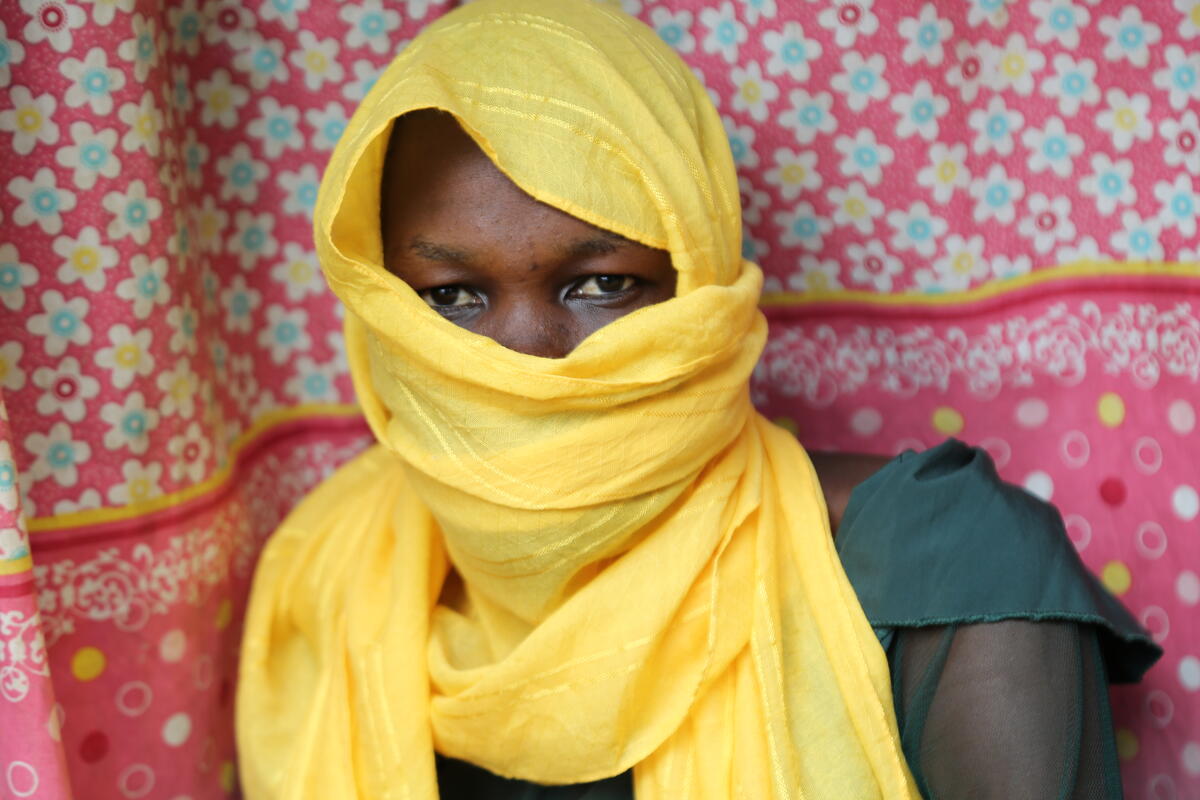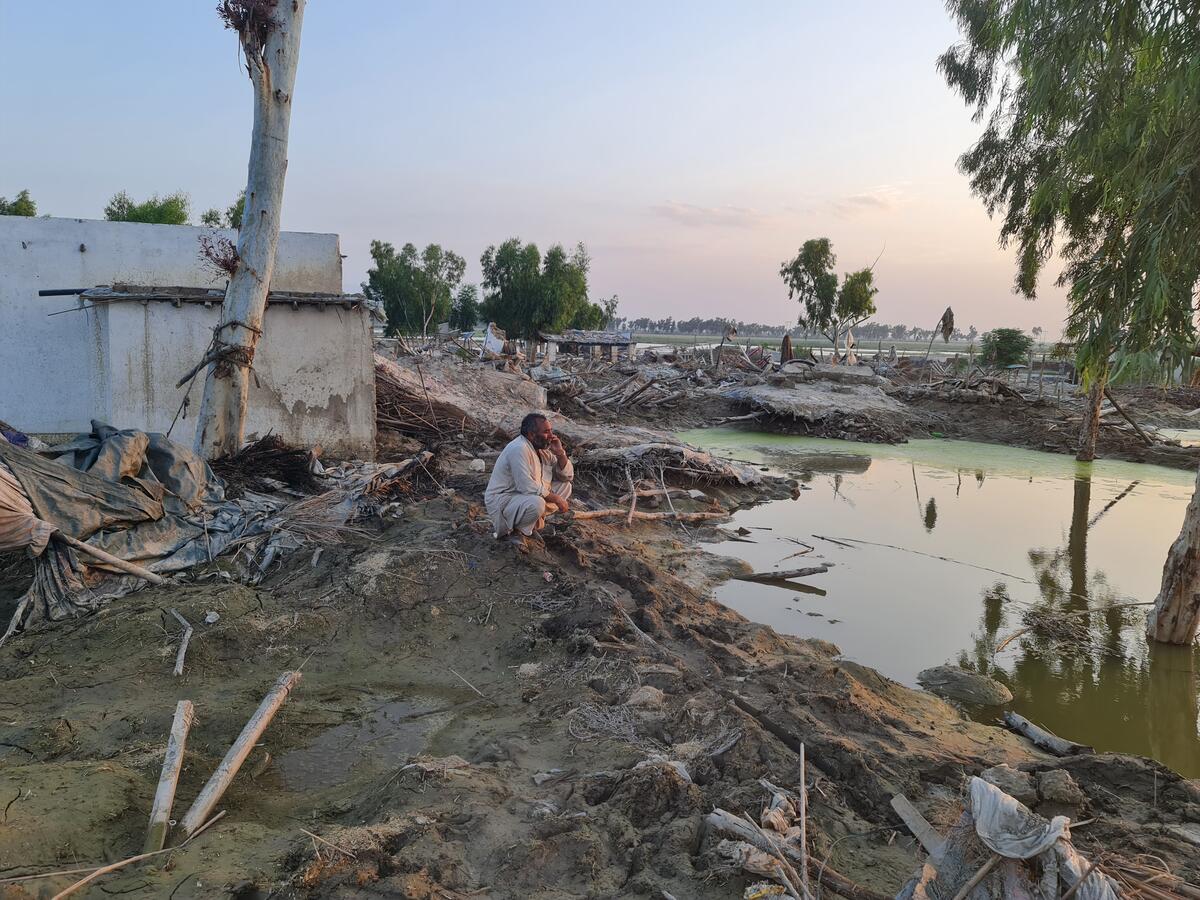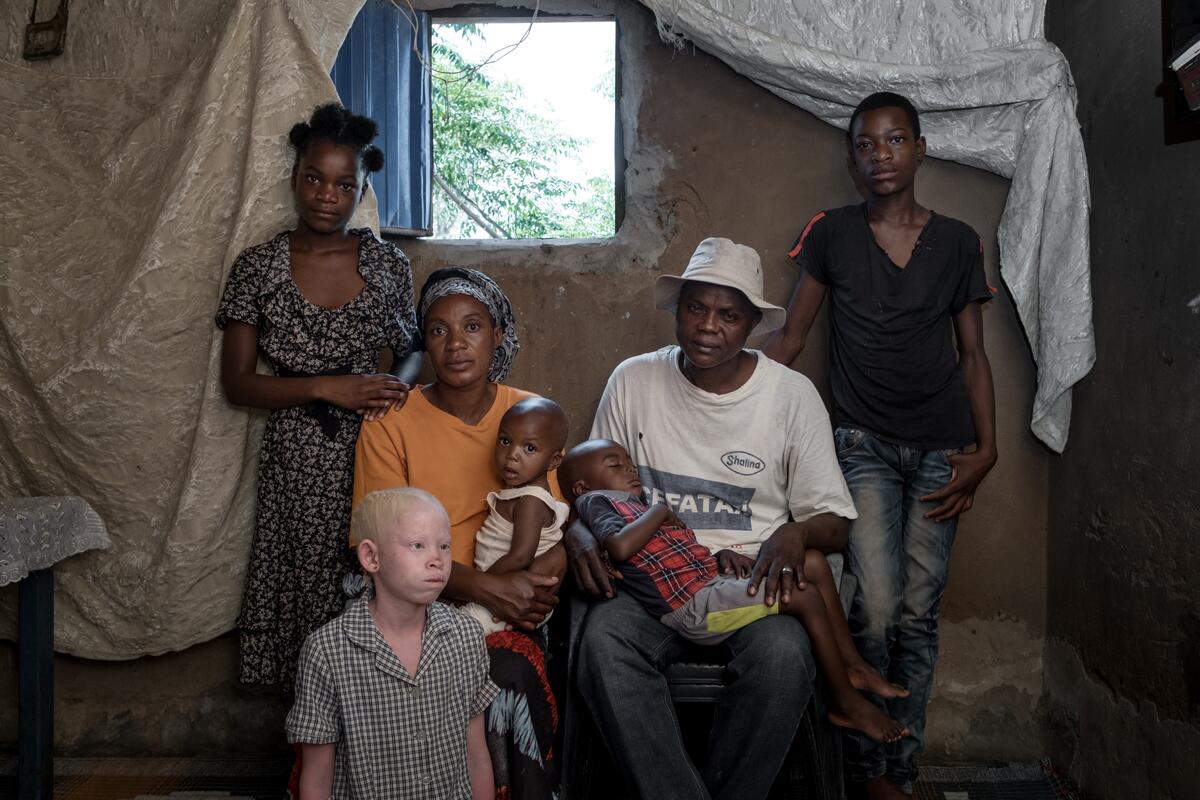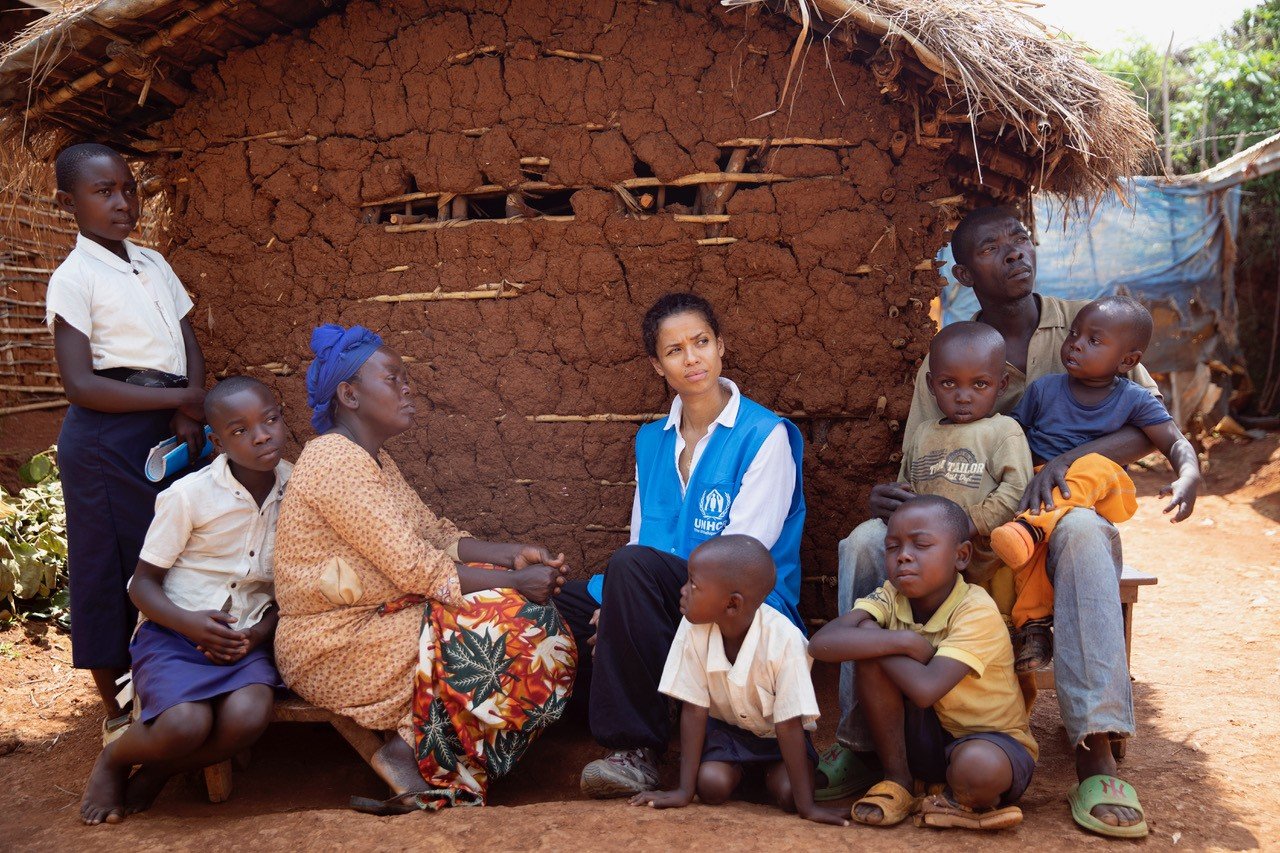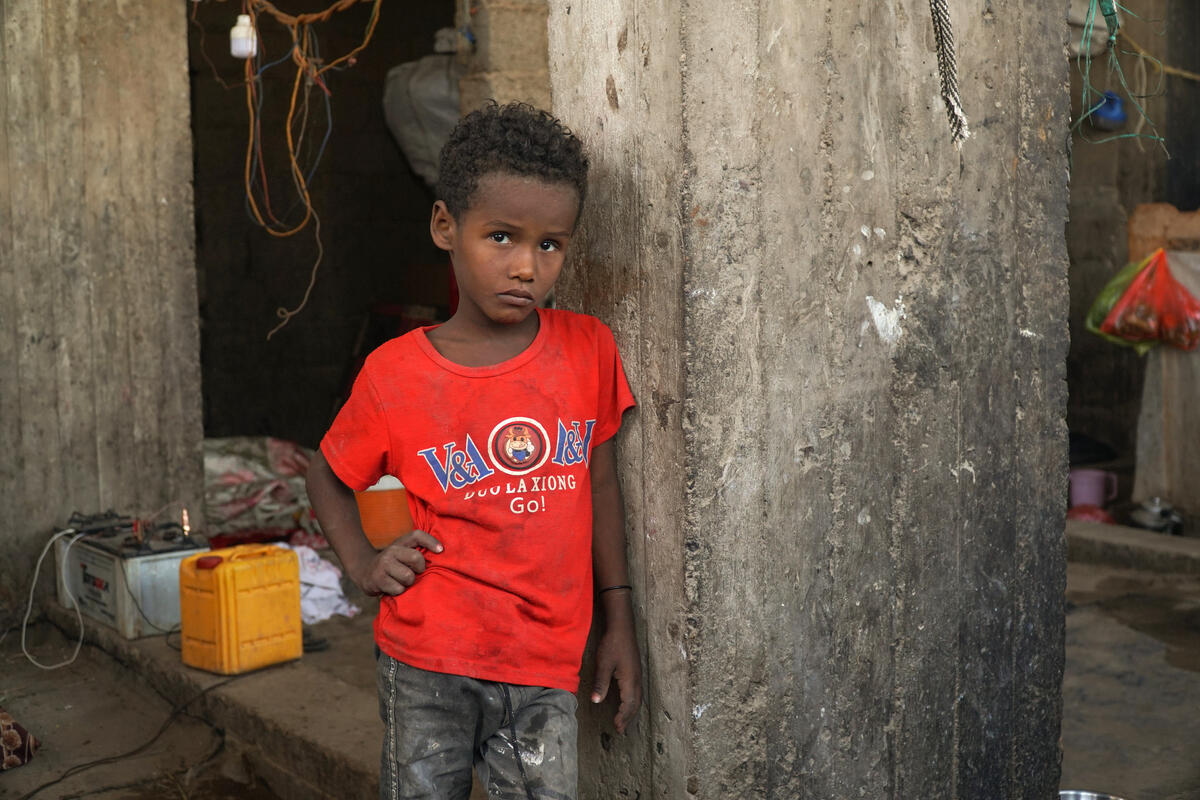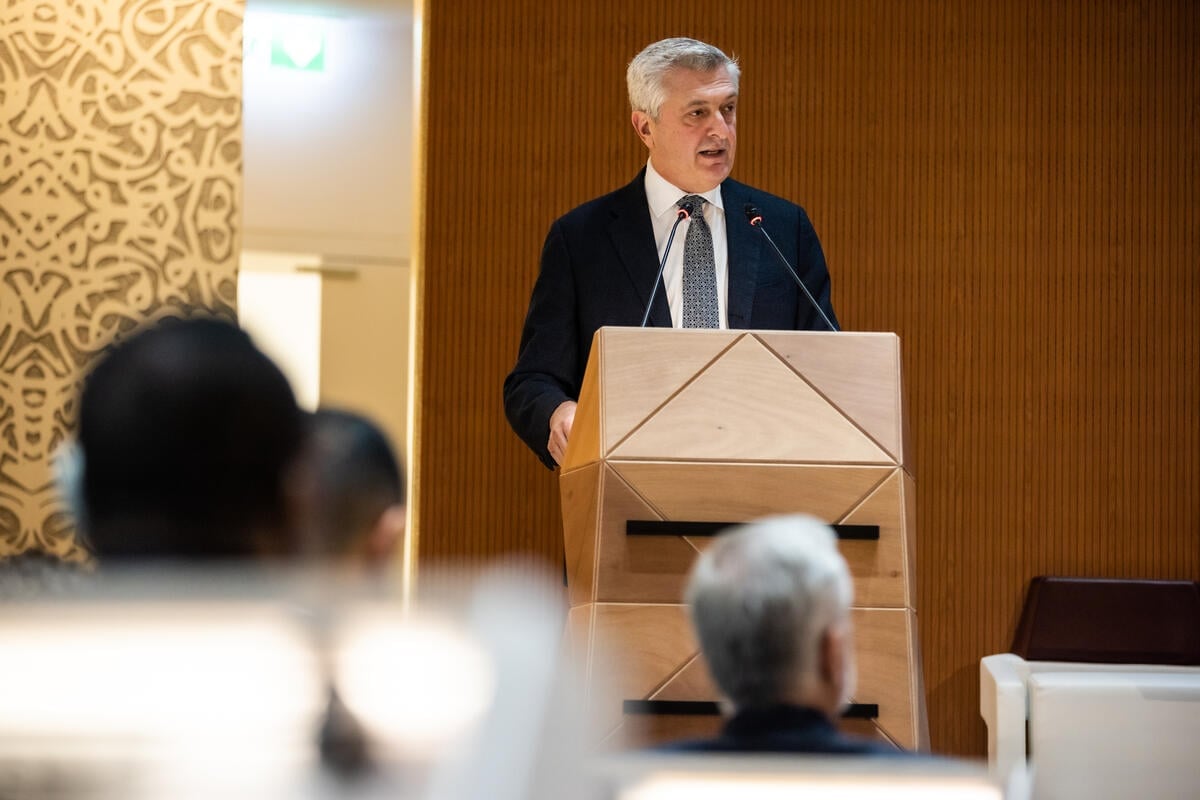UNHCR preparing to handle 1.5 million more Afghan refugees
UNHCR preparing to handle 1.5 million more Afghan refugees

GENEVA, 6 Oct. (UNHCR) - UN High Commissioner for Refugees Ruud Lubbers said Saturday that he hopes the international fight against terrorism will avoid the displacement of large numbers of Afghans, but added that his agency was preparing to handle as many as 1.5 million additional refugees.
Concluding a two-day "Afghan Forum" meeting in Geneva co-chaired by UN Under Secretary General for Humanitarian Affairs Kenzo Oshima, Lubbers also welcomed expressions of financial and other support from several of the 22 participating countries and other organisations.
"The first priority is to get help inside Afghanistan," Lubbers told a news conference after the meeting. "The obligation of the nations in the coalition is to support political solutions and the respect of human rights in Afghanistan. Only then will it be possible to live in peace in Afghanistan."
The High Commissioner said he was pleased that Pakistan and Iran, which together already host more than 3.5 million Afghan refugees, had agreed not to force any of the refugees back to their country. "Although the borders are formally closed, they remain open to the most vulnerable," he said.
Lubbers said UNHCR had a contingency plan for a worst-case scenario in which up to 1.5 million Afghans could flee to neighbouring states. But he said the goal of the international community should be to try to avoid any large-scale population movements and to get as much help as possible into Afghanistan itself.
The High Commissioner said one way of keeping refugee flows to a minimum was by avoiding a disproportionate military response to last month's terrorist attacks in New York and Washington. He praised the Bush Administration, which last week pledged $320 million, for its commitment to humanitarian aid for Afghanistan.
Oshima told reporters that governments had so far responded to a $584 million UN Donor Alert for Afghanistan with commitments of $182 million. He said they had also pledged $28 million to humanitarian agencies outside the UN Donor Alert. In addition, donors announced their intention to allocate an additional $406 million in support for humanitarian assistance in Afghanistan. Most governments, however, had not yet decided how those funds would be channelled. In other cases, he said, the funding would require parliamentary approval.
As he had done Friday, Lubbers cautioned that the emergency aid for Afghanistan should not lead to cuts for other refugee programmes around the world.
In a related development, UNHCR reported Saturday that the first six sites to house any new refugees from Afghanistan are expected to be ready within the next ten days in North-West Frontier Province. The two sites will be able to accommodate 60,000 people. Aid workers are working to ensure that the sites have road access and that water and sanitation systems are either rehabilitated or newly installed.
Site preparation in 14 other sites in the province has begun and should be completed in a fortnight. The twenty sites, when ready, will be able to receive up to 200,000 people.


